Date: 2023-03-18
Buddhist Website Administrator
By Kuan-Ting Chang, PhD candidate in Buddhist Studies
The world is so vast, and I wanted to see it for myself. After arriving in Heidelberg, this thought always lingered in my mind. It's not that the moon is fuller abroad, but rather, this type of thinking doesn't occur when I'm in Taiwan. 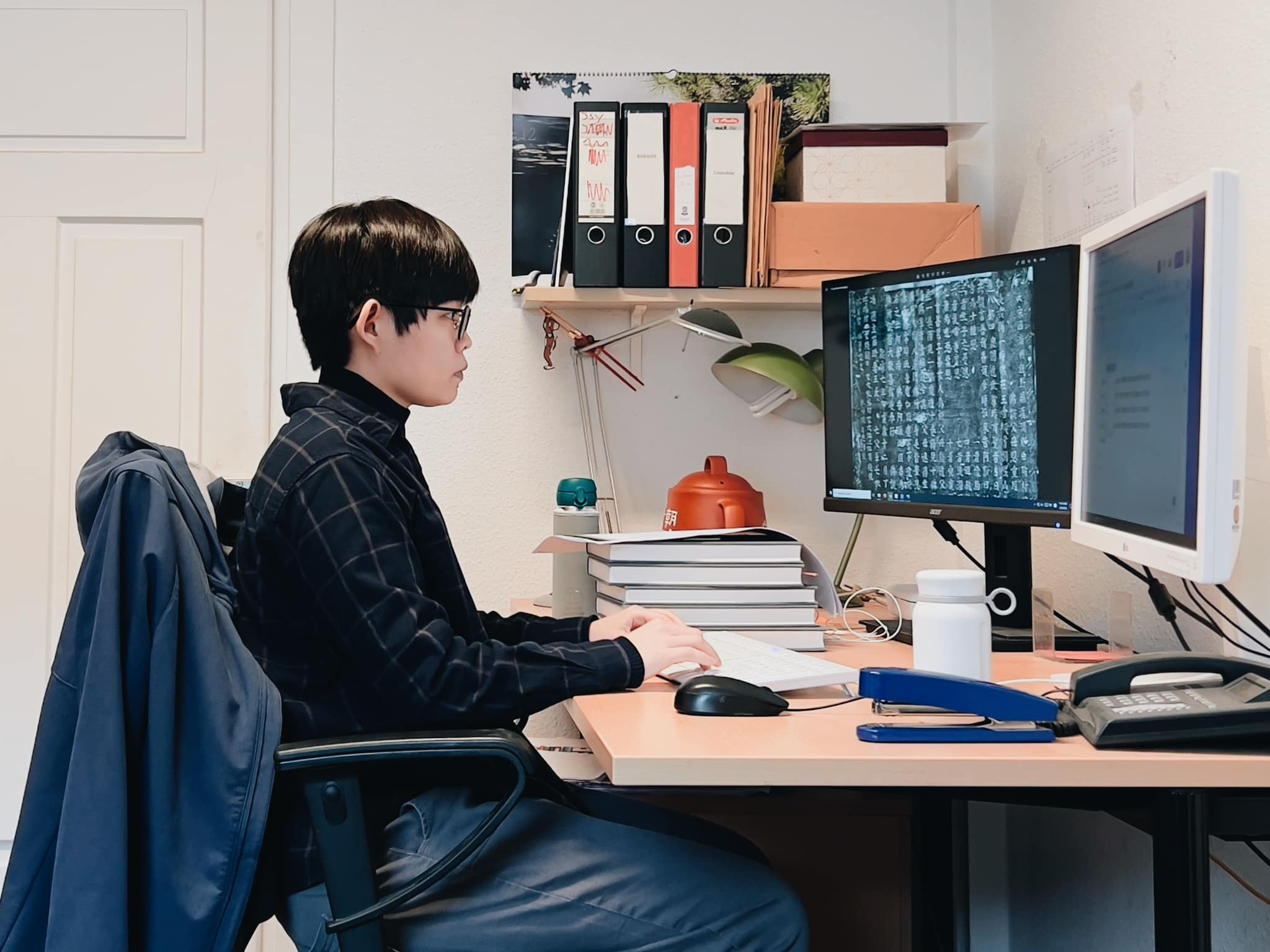 Work has gradually fallen into place. What I've learned from my teachers in the DBS, Fo Guang University has proven useful here. Indeed, studying hard doesn't go to waste! (Yet occasionally, I still seek help from Professor Wan Jin-Chuan and request help from Deng Ting-Yu; both are in Taiwan) However, I can feel the tremendous progress I've made in various aspects. Perhaps it's because I'm outside my familiar environment, with no retreat but to advance.
Work has gradually fallen into place. What I've learned from my teachers in the DBS, Fo Guang University has proven useful here. Indeed, studying hard doesn't go to waste! (Yet occasionally, I still seek help from Professor Wan Jin-Chuan and request help from Deng Ting-Yu; both are in Taiwan) However, I can feel the tremendous progress I've made in various aspects. Perhaps it's because I'm outside my familiar environment, with no retreat but to advance.
This week, we also visited the CATS Library at Heidelberg University. This library belongs to the Center for Asian and Transcultural Studies and includes the South Asia Library, East Asia Library (including Sinology, Japanese Studies, and East Asian Art History), and the Ethnology Library. We saw many works by esteemed masters here. Even in the office of Heidelberg University, there are calligraphies by these great masters. So, I feel at ease, as if the masters are accompanying me. We also saw Professor Wan's works and immediately shared them with him. His response was, "Heidelberg University has a long history and an abundance of scholars. Of course, a good library is essential; it's one of the university's souls and spirits!" For us, the fact that our teacher's works are included in such an excellent library fills us with admiration and pride. 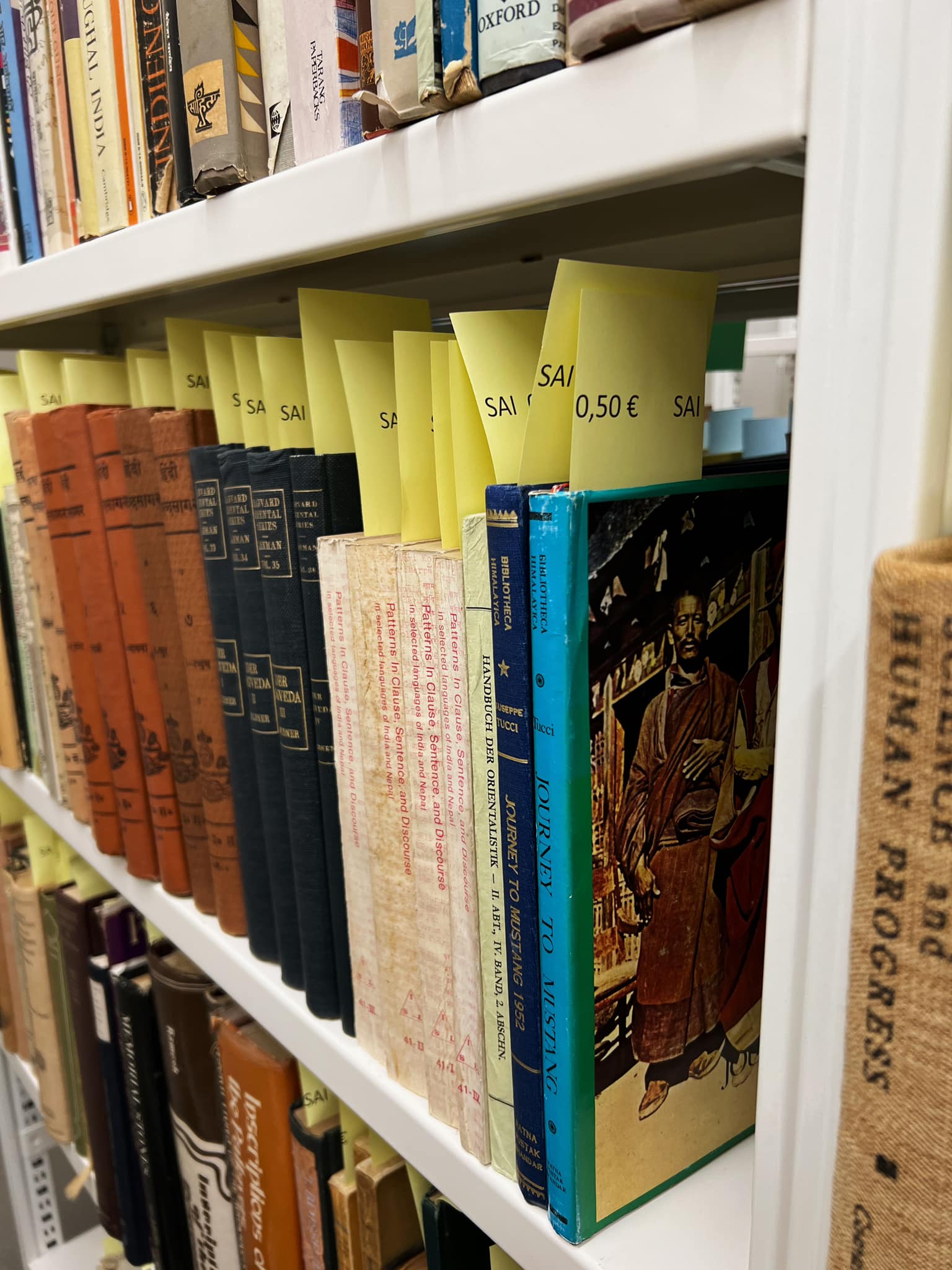
Furthermore, in our small study abroad experience, the necessities of life are indispensable. Although life abroad comes with many inconveniences, even buying groceries requires translating German to Chinese using Google. 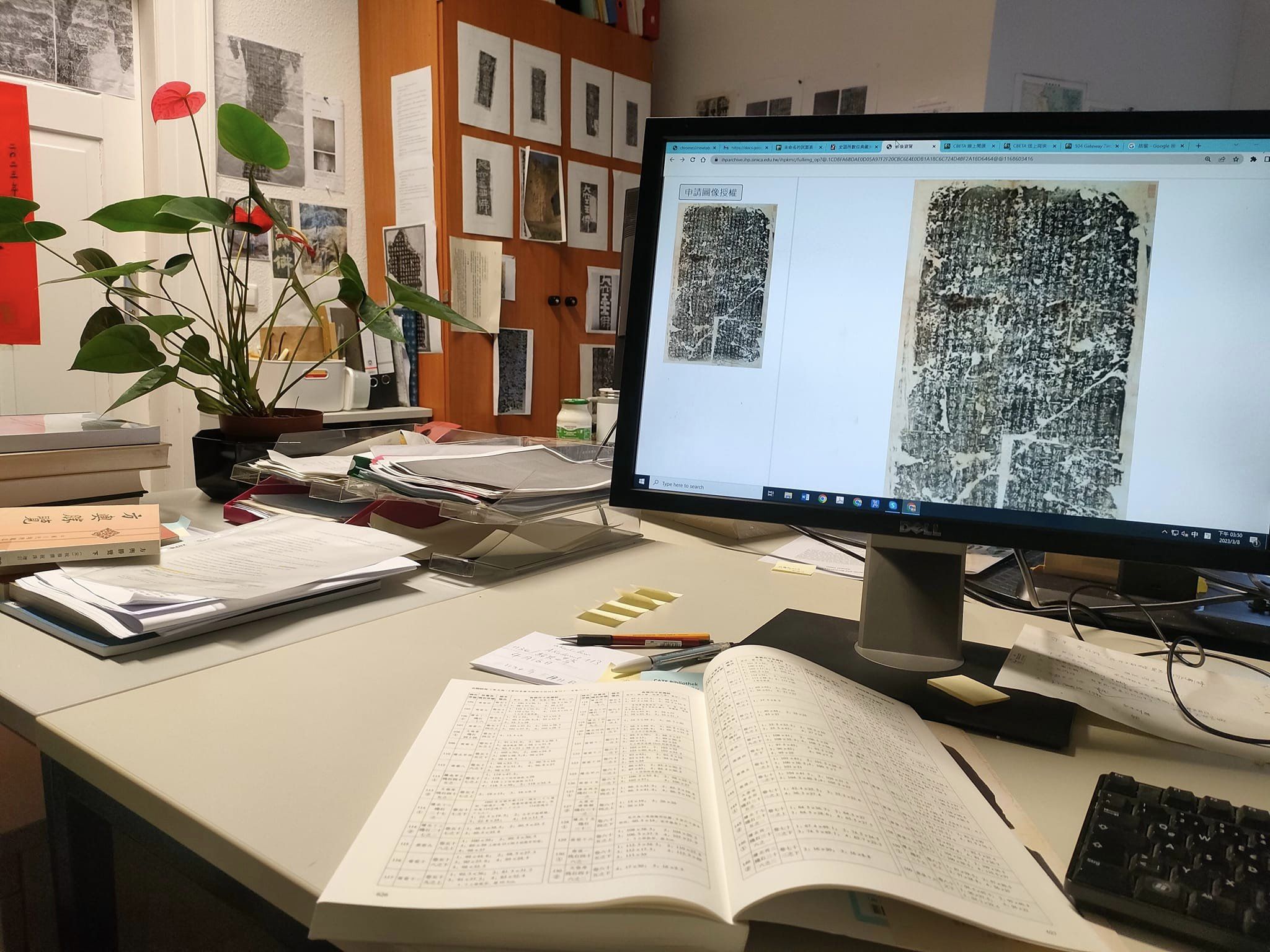 But we successfully cooked delicious rice, tasted various local bread, and even invented creative homemade dishes. At this point, we're immensely grateful for Venerable Miaojia's guidance, which has made our life overseas smooth.
But we successfully cooked delicious rice, tasted various local bread, and even invented creative homemade dishes. At this point, we're immensely grateful for Venerable Miaojia's guidance, which has made our life overseas smooth.
In conclusion, meeting many virtuous individuals is the result of karmic connections. For this, I remain deeply thankful.
---
By Deng Ting-Juan, PhD candidate in Buddhist Studies
[Fifth Day of Life in Heidelberg]
Work and life have gradually fallen into place (except for waking up before 5 o'clock every day). Daily, as I shuttle through the alleyways of the old town to reach the office, I have a feeling of time travel. Here, one can truly experience the perfect fusion of ancient architecture and modern technology. In the past few days, I've learned to use a German keyboard, to use code for inscriptions, and to create various tables for comparison using Google Sheets. 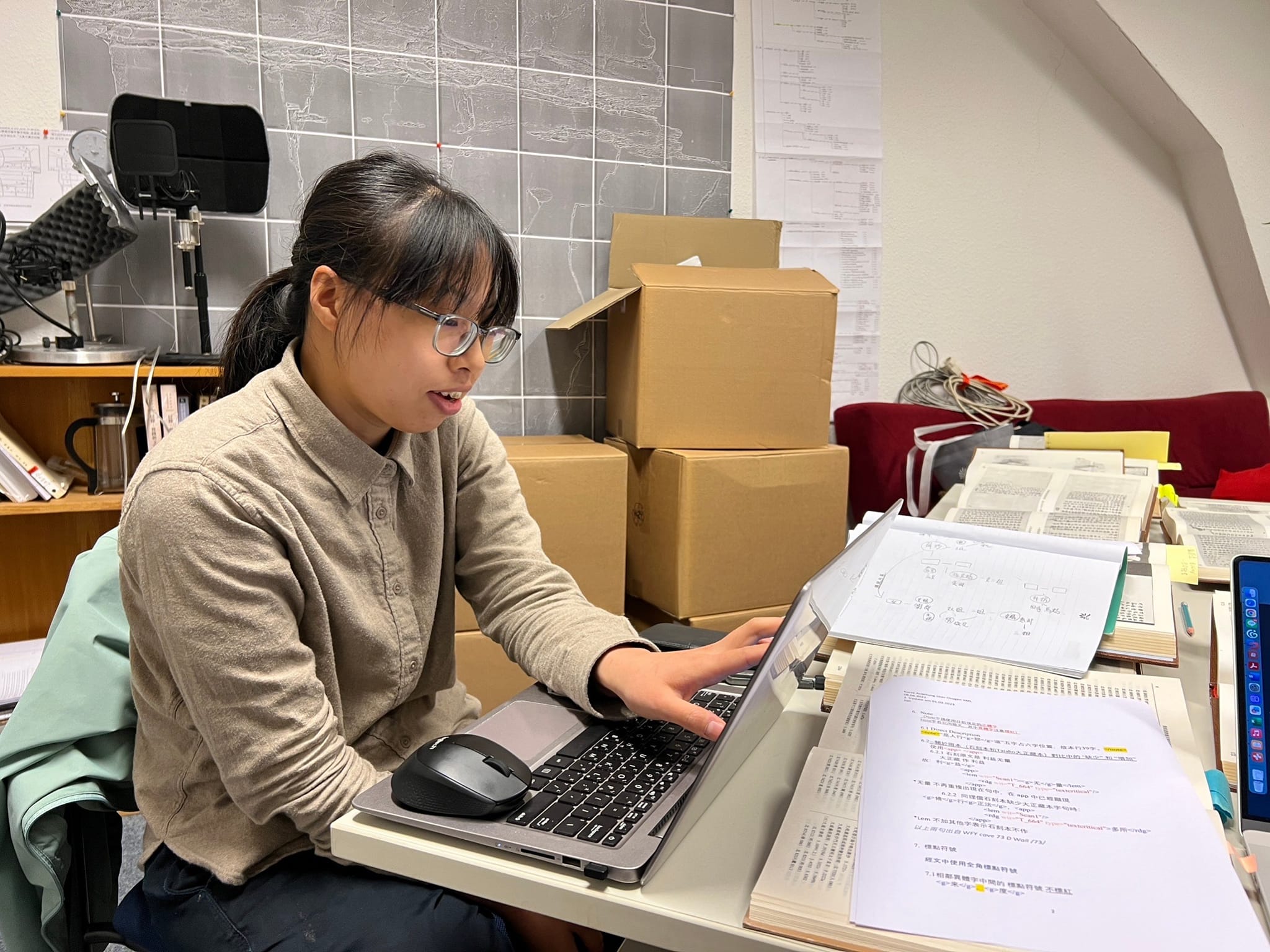 Although it's only been a few days since work began, I've used and organized many materials that I had never used before, which is a significant gain. I'm also grateful for the guidance of the professors in the Department of Buddhist Studies, which has made many of our tasks much more efficient. For example, searching for variant characters, using CBETA, understanding scriptures' knowledge, punctuation styles in scriptures... By the way... Google Translate's camera function is truly a helpful aid for grocery shopping (common terms in supermarkets include: Bio-organic, tomaten-tomato, vollmilch-full-fat milk, karotten-carrot, ...)
Although it's only been a few days since work began, I've used and organized many materials that I had never used before, which is a significant gain. I'm also grateful for the guidance of the professors in the Department of Buddhist Studies, which has made many of our tasks much more efficient. For example, searching for variant characters, using CBETA, understanding scriptures' knowledge, punctuation styles in scriptures... By the way... Google Translate's camera function is truly a helpful aid for grocery shopping (common terms in supermarkets include: Bio-organic, tomaten-tomato, vollmilch-full-fat milk, karotten-carrot, ...)
[Twelfth Day in Heidelberg]
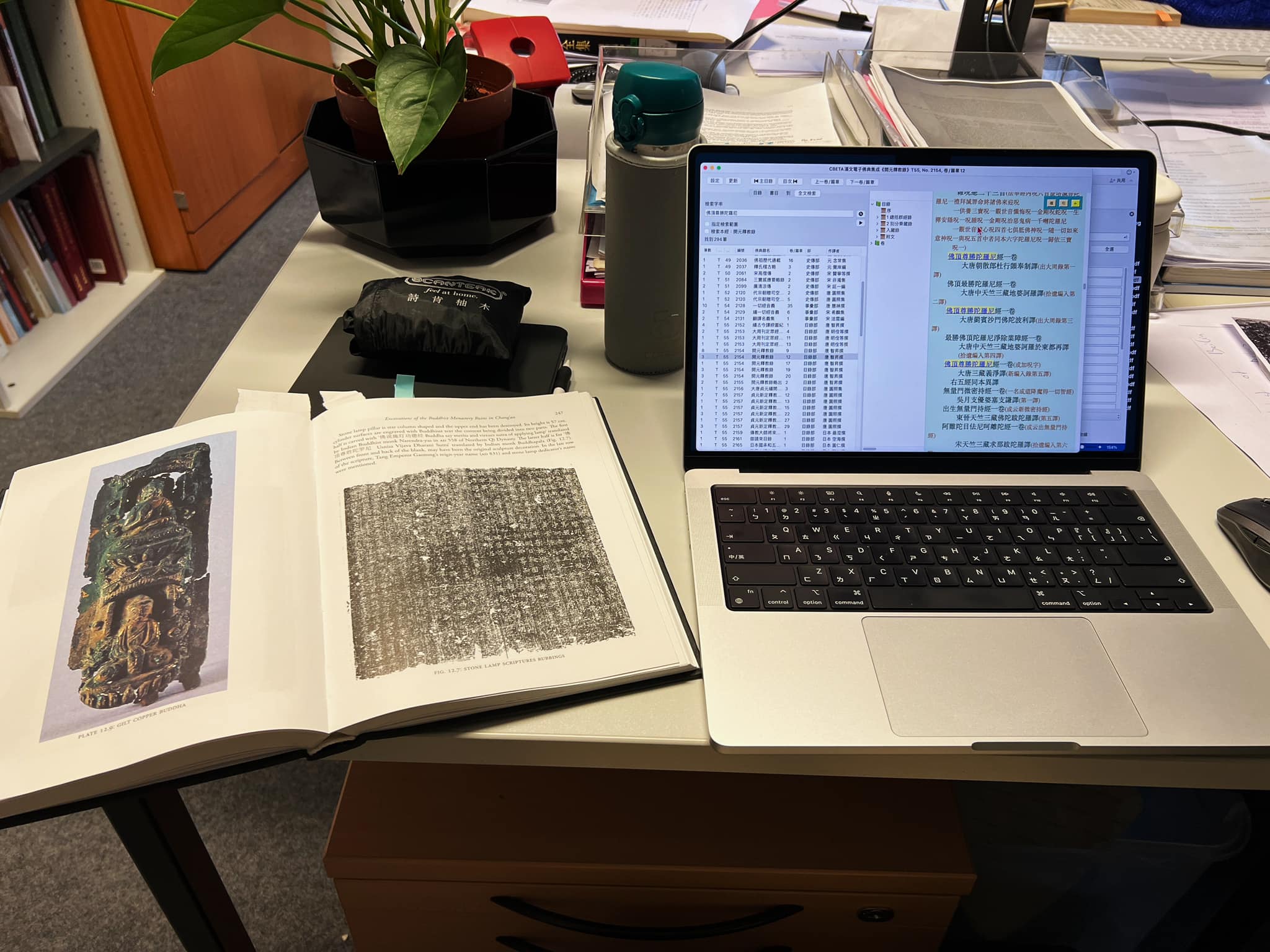 This week, we finally began the main task of being here! It is said that we need to connect the stone sutra materials with CBETA. After studying code for several days, I finally understand how to use it. These days, we've been checking whether line breaks in the Taisho Tripitaka are placed correctly in the inscriptions made by our predecessors. It's been giving us headaches and eye strain. By the way, the big breakthrough this Monday was that we finally got to the library we've been longing for. The collection is really rich, especially in terms of reference materials. We even unexpectedly found Professor Wan's masterpiece. Additionally, this week, we drew a relationship diagram of characters from a stone inscription. The family titles from the Song Dynasty are truly complicated... Who exactly is referred to as "external uncle"? We initially thought it referred to the wife's father, but it seems not to be the case (?) Apparently, it might be the wife's brother (?) I'm sharing this to see if anyone could kindly provide some insights...
This week, we finally began the main task of being here! It is said that we need to connect the stone sutra materials with CBETA. After studying code for several days, I finally understand how to use it. These days, we've been checking whether line breaks in the Taisho Tripitaka are placed correctly in the inscriptions made by our predecessors. It's been giving us headaches and eye strain. By the way, the big breakthrough this Monday was that we finally got to the library we've been longing for. The collection is really rich, especially in terms of reference materials. We even unexpectedly found Professor Wan's masterpiece. Additionally, this week, we drew a relationship diagram of characters from a stone inscription. The family titles from the Song Dynasty are truly complicated... Who exactly is referred to as "external uncle"? We initially thought it referred to the wife's father, but it seems not to be the case (?) Apparently, it might be the wife's brother (?) I'm sharing this to see if anyone could kindly provide some insights...
➤➤ full article (in Chinese), see:
https://www.facebook.com/RainChang15
https://www.facebook.com/TTC85912
#佛教走入生活
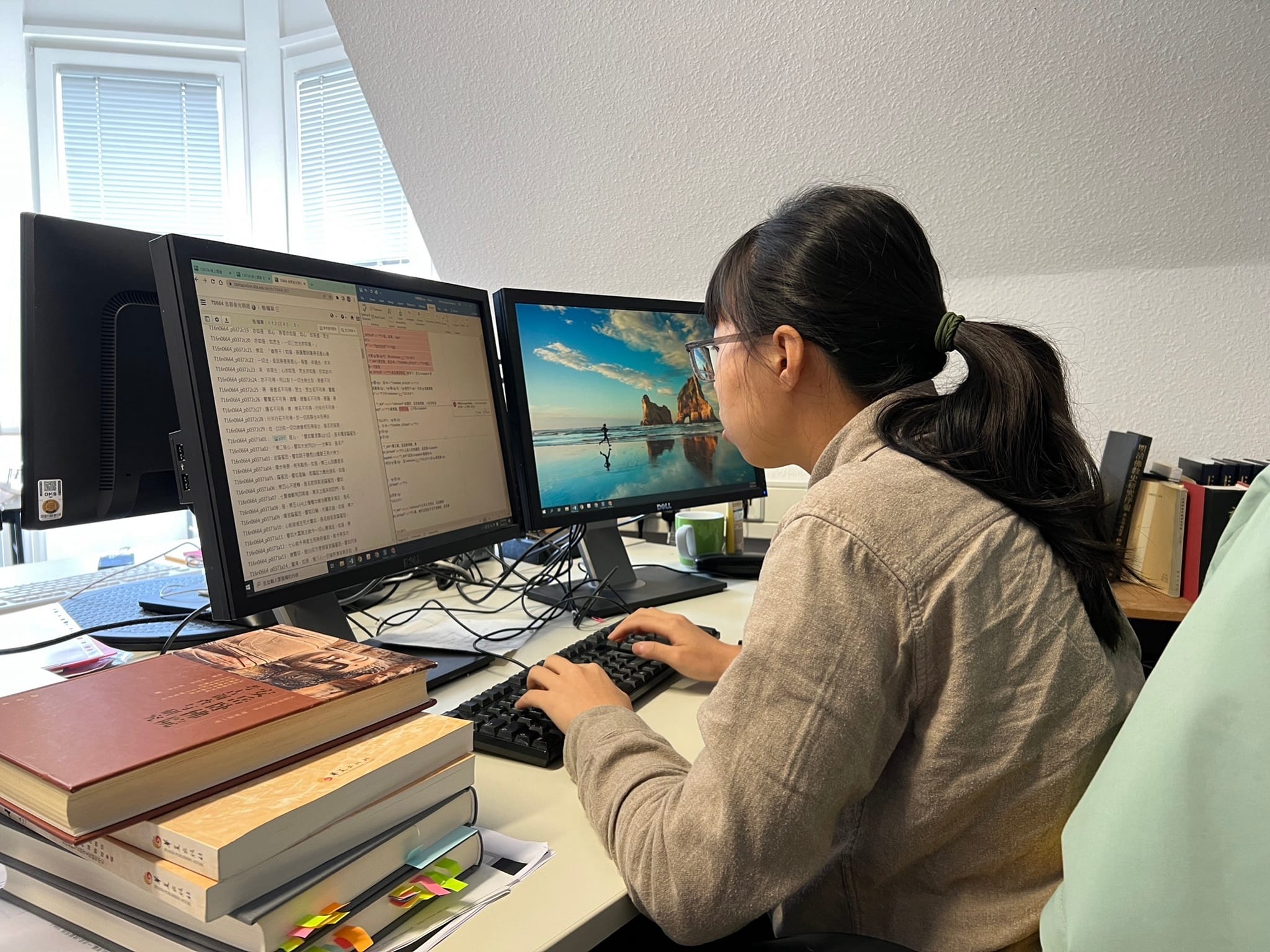
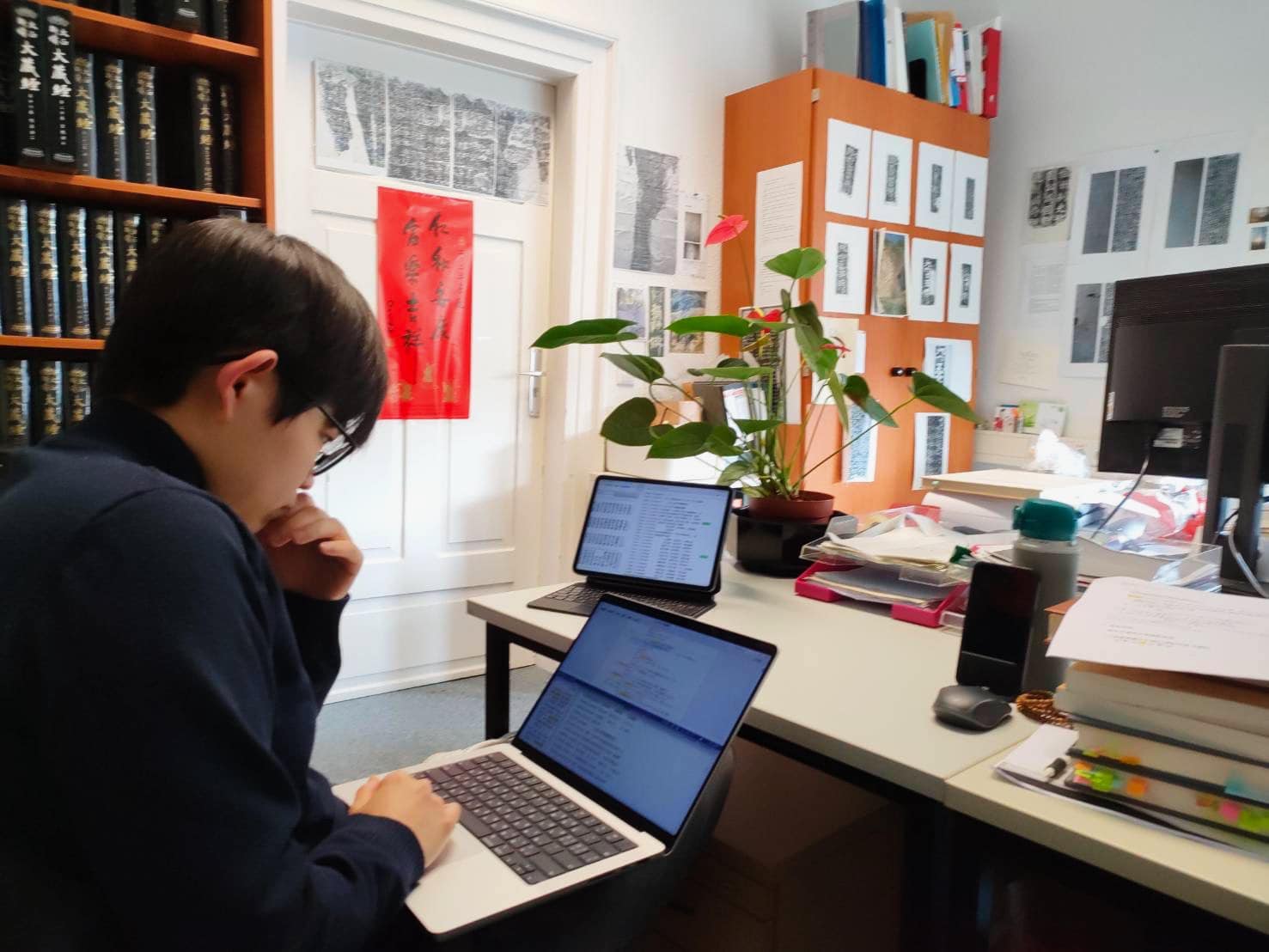
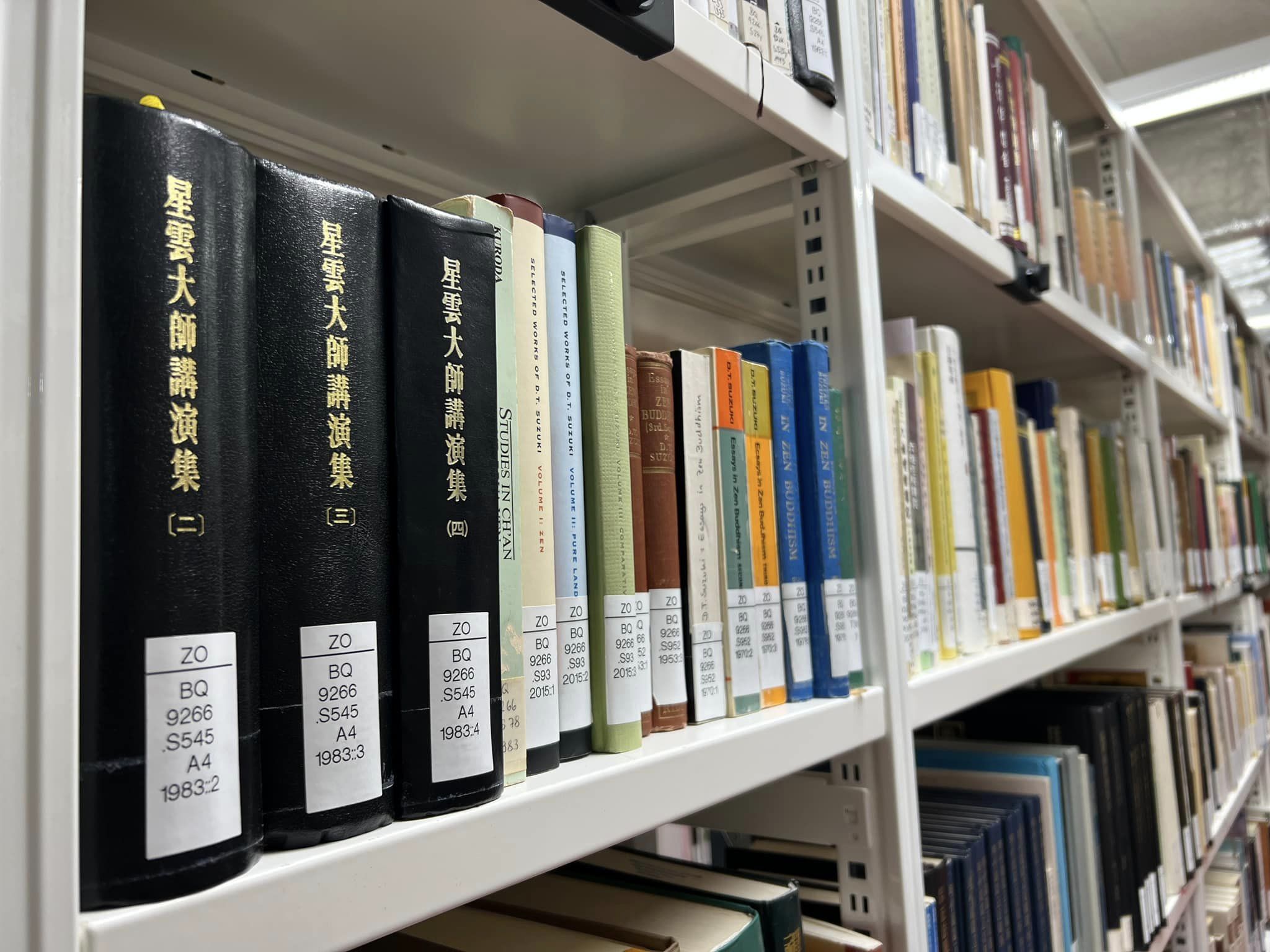
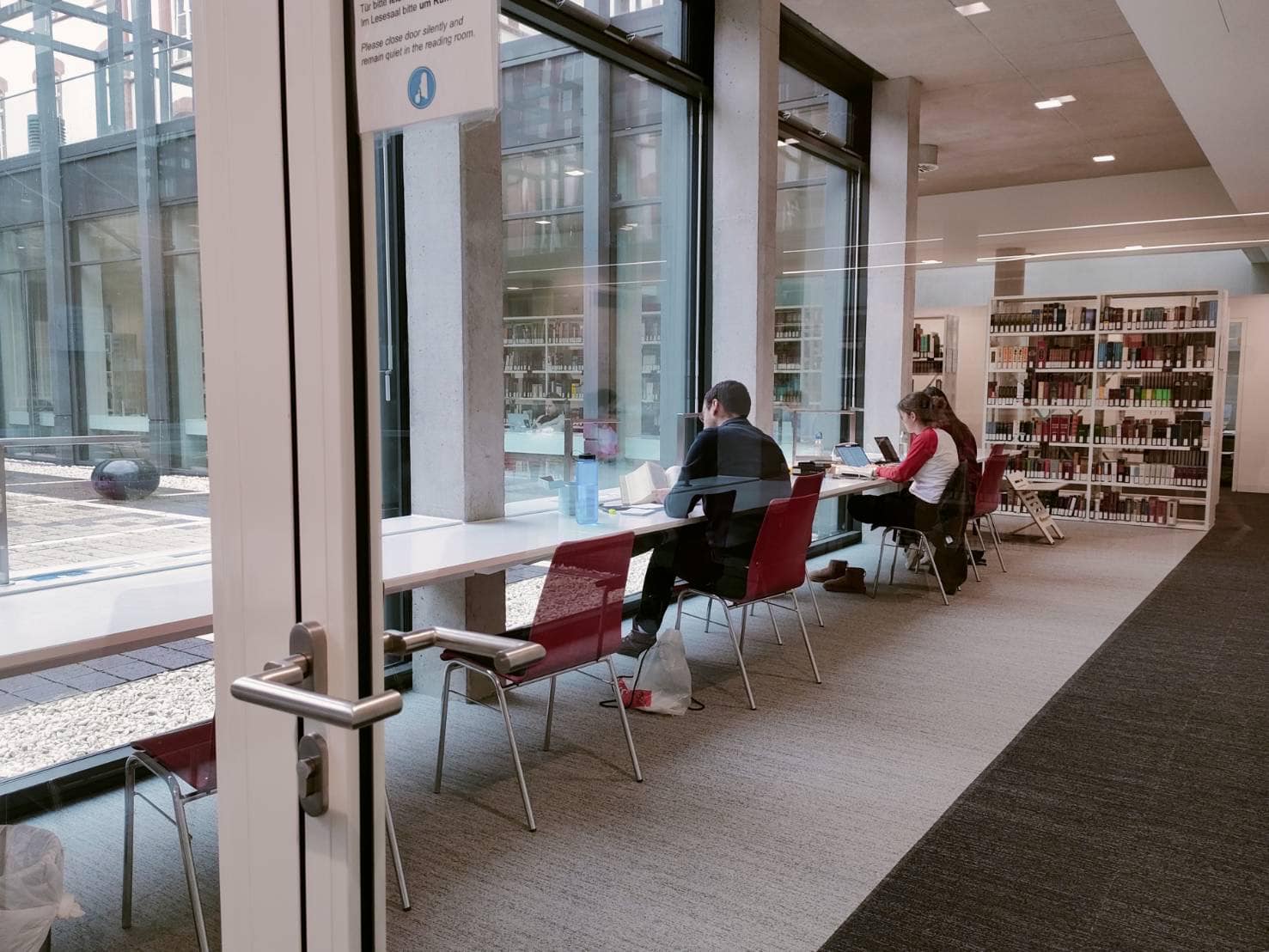
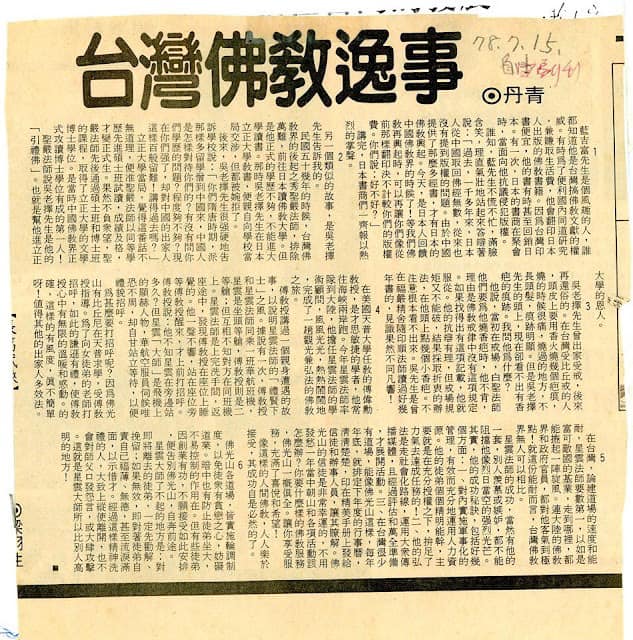
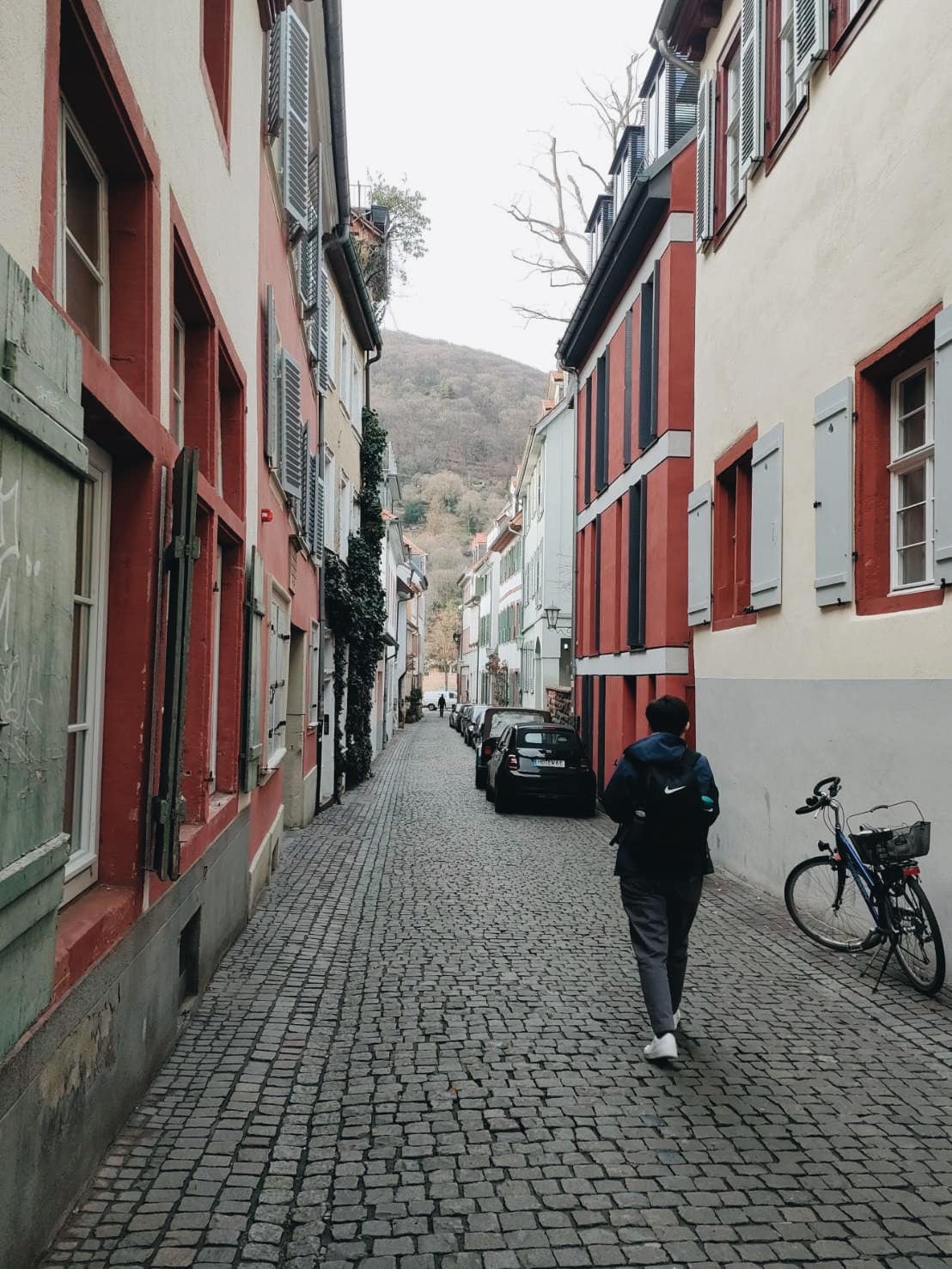
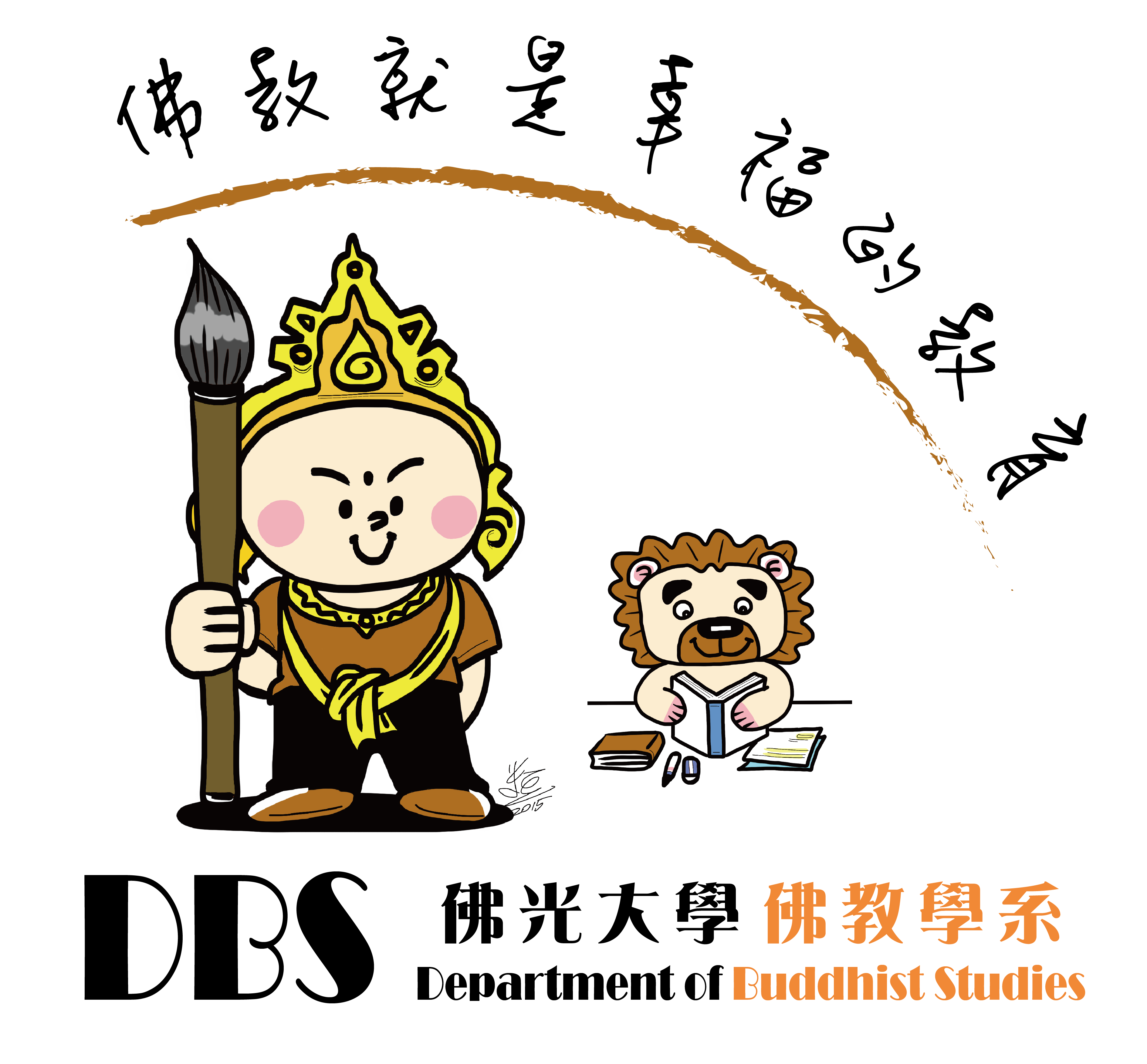
 College and Department of Buddhist Studies, FGU
College and Department of Buddhist Studies, FGU